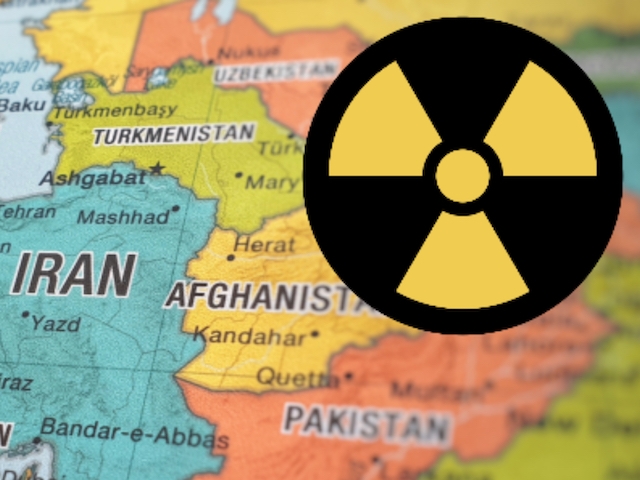During a time when geopolitical stakes are higher than ever, Israel's National Security Advisor Tzachi Hanegbi unequivocally announced that any Iranian efforts to enrich uranium beyond the 60% threshold would compel Israel to take decisive and unavoidable actions. Hanegbi communicated this high-alert stance at the World Summit on Counter-Terrorism, organized in Herzliya, thereby signaling Israel’s intensified focus on Iran's nuclear ambitions.
"Should Iran push the enrichment envelope beyond 60%, it is tantamount to a declaration that it is pursuing a nuclear weapons program. There will be no wiggle room for interpretation and no alternative for Israel but to act," Hanegbi asserted. He further clarified that surpassing this enrichment threshold would represent a transformative shift in Iran’s nuclear policy, a shift that could not be ignored by Israel, the global community, or institutions such as the International Atomic Energy Agency (IAEA).
This announcement cannot be dismissed as mere rhetoric; it serves as an explicit and public articulation of Israel's established position on Iran's nuclear trajectory. Hanegbi emphasized, "Breaching the 60% limit would be an undeniable statement by Iran, communicating to the world that they have chosen to actively pursue a nuclear arsenal." This would thereby make Israel’s action, in response to such an aggressive move, nearly obligatory under the prevailing international understanding of nuclear non-proliferation norms.
Israel will act against Iran’s uranium enrichment above 60% https://t.co/AUDDlB8Rzi
— Payame Solh (@sootsolh) September 11, 2023
The timing of Hanegbi's announcement is highly strategic, particularly given the backdrop of recent developments. Iran, which had recently reported an enrichment level of 83.7%, quickly retracted and labeled it a "mistake." Hanegbi dispelled the notion that such an event could be accidental. "Mistakes of this nature do not happen. This ‘error’ could very well indicate a calculated move on Iran's part, perhaps serving as a trial balloon to gauge global reactions," he opined.
Israeli Prime Minister Benjamin Netanyahu has been actively involved in dialogues with international leaders about this escalating situation. Notably, he has briefed the United States and the European trio of Germany, France, and Italy—collectively known as the E3—underscoring the seriousness with which Israel views this matter.
Israel 🇮🇱 USA 🇺🇸 Iran: Biden Foreign Policy, Nuclear Weapons & Prisoner Exchange https://t.co/jwchnXgR3n
— Daniel Sadan (@RealDanSadan) September 10, 2023
The international community will be closely monitoring the IAEA's upcoming quarterly board meeting in Vienna. High on the agenda will be Iran’s uranium enrichment activities, which have reportedly reached levels close to weapons-grade. Adding fuel to the fire is a recent IAEA report that highlighted the absence of fully activated monitoring systems in Iran, thereby further obscuring the extent of Iran's nuclear activities.
Moreover, the stance of British Foreign Secretary James Cleverly will be critical. Currently visiting Israel and the Palestinian territories, Cleverly is anticipated to voice strong opposition to Iran’s nuclear endeavors. As a member of the 35-nation IAEA Board, the United Kingdom could play a significant role in shaping the international response to this crisis.
National Security Council Chief Tzachi Hanegbi warned that if #Iran reaches 60% uranium enrichment, Israel would have no choice but to act. pic.twitter.com/DtYMELl7JV
— Israel National News - Arutz Sheva (@ArutzSheva_En) September 11, 2023
In conclusion, Israel is unambiguously stating that Iran's surpassing of the 60% uranium enrichment threshold would necessitate immediate, decisive action. It is a line that, once crossed, will significantly alter the calculus of Middle Eastern geopolitics and compel Israel to act in defense of its security and the broader regional equilibrium. The world watches with bated breath, hoping that a diplomatic solution can be found to avert a crisis with potentially devastating consequences for global stability.


